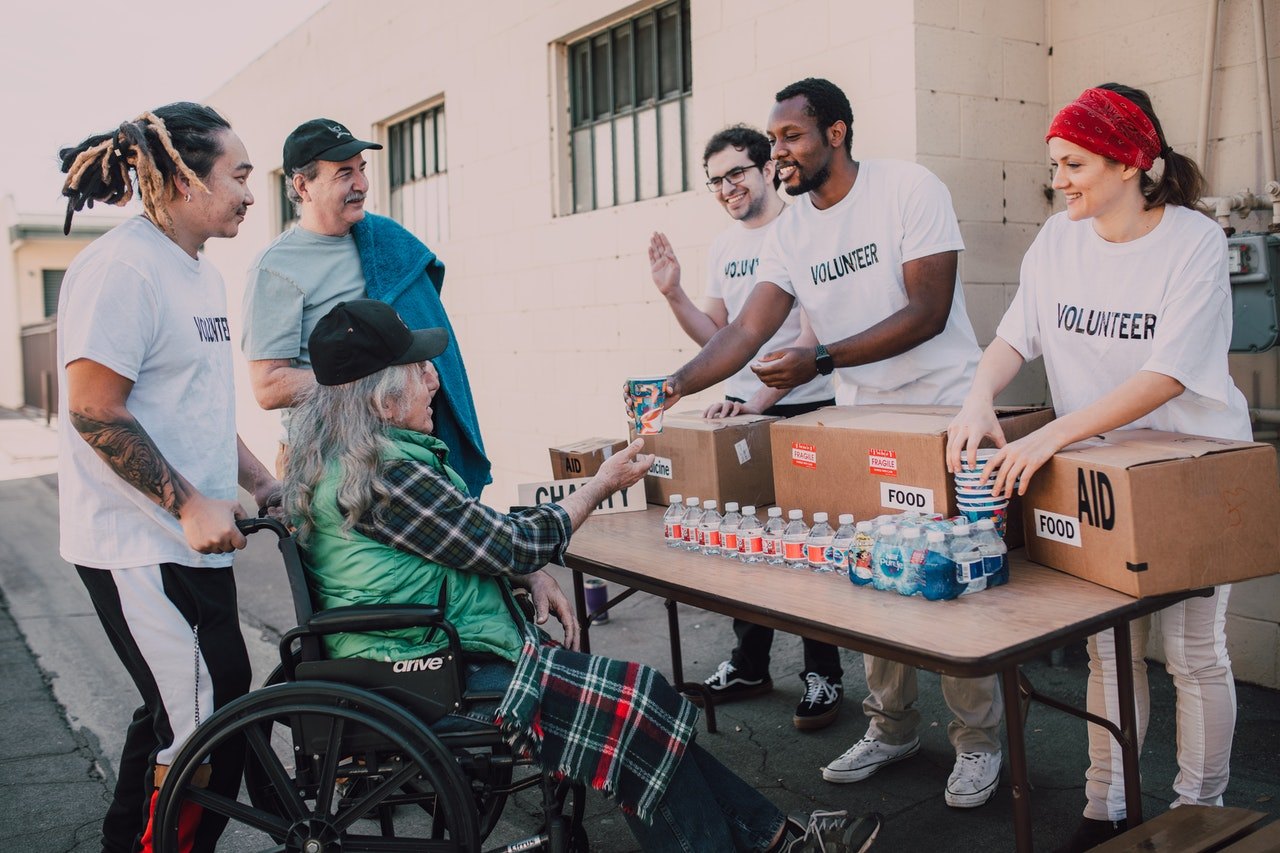What Germans donate more than 5 billion euros to every year

September 5th is International Philanthropy Day. Contrary to stereotypes, Germans are particularly generous with their donations. Who, how much and for what do they donate?
Collecting donations
One common stereotype portrays Germans as stingy and unwilling to help others. At least that is not the case today. Nearly one in three Germans (over 29 percent), counting theoretically and infants, transfer money to the accounts of charities, various humanitarian foundations, and church organizations.
Helping those in need, culture and nature
In all recent years, according to the German Council of Charities, private donations have amounted to more than 5 billion euros a year, in 2019 – 5.139 billion. This is not counting the large donations made by firms and companies exceeding 2,500 euros and money bequeathed to humanitarian foundations and organizations. Private donations go primarily for humanitarian purposes – to help those in need, victims of natural disasters and wars, seriously ill people, refugees, and church organizations. Overall, this represents more than 75 percent of all donations. In addition, residents of Germany support the preservation of monuments and cultural sites, the protection of animals and the environment, volunteer sports associations, and so on.
German residents were most active in donating their money in 2015, when the migration crisis in Europe escalated and a series of major earthquakes in Nepal took place. But while, say, in 2016 Germans donated 339 million euros to help refugees, last year it was just over 200 million.
Who donates in Germany
The average private donation in Germany is about 35 euros per person. But contributions from pensioners are much larger. People over 70 are much more likely to donate to charity. More than 40 percent of all donations to humanitarian organizations and foundations come from them. Statistics show that Germans over the age of 70 donate an average of 344 euros a year. “Those between 40 and 50 have also stepped up.
Children and teenagers in Germany also donate, but their contributions are naturally the smallest. Usually they are donations to school and regional projects.
Who checks the seriousness of charitable foundations?
Apart from big charity foundations, there are some projects in Germany that are not so well known, but also need financial support. There is a portal called Betterplace where you can find around 30,000 different humanitarian initiatives. The portal carefully checks the seriousness of these projects. In the end, only 30 percent of the ads are allowed to be published.
In Germany, fundraising campaigns can also receive special accreditation from the independent DZI-Spendensiegel (German Institute for Social Issues), which analyzes and verifies the appropriateness of donations by non-governmental organizations. If approved by the institute, the DZI logo will appear on the official website and on all campaign posters. Donate with confidence: the money will definitely go where it is intended.
September 5th is International Philanthropy Day. Contrary to stereotypes, Germans are particularly generous with their donations.
Posts
690 million people do not get enough food to lead healthy and active lives. As conflicts, climate change, and economic instability continue to escalate around the world, hunger is on the rise.






